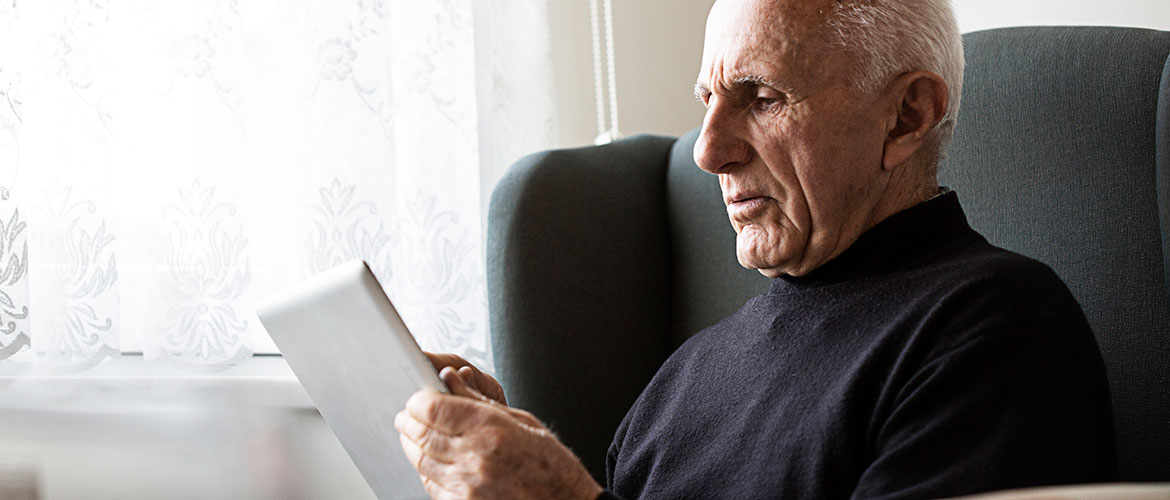By Hollie Glover, MA, LPC, NCC
Did you know isolation can cause anxiety, depression, weight loss and even death? Within the dementia care community, loneliness isn’t just a common occurrence. It’s a serious health risk that can negatively impact quality of life and worsen the disease.
Learn more about isolation and how to reduce its effects.
The Cost of Isolation
For those dealing with dementia, isolation or social separation for prolonged periods can be mentally, emotionally and physically damaging. Family visits, communal dining, group activities and social outings are vital to the well-being of dementia care facility residents, and the absence of these daily interactions can be traumatic – especially if they had become routine. Lack of social engagement can also trigger adverse reactions and lead to loss of communication skills as well as memory and cognitive ability.
Deadly Consequences
Isolation in long-term care facilities and memory care centers can have deadly consequences – like the drastic increase in deaths among dementia patients during the COVID-19 crisis. According to the CDC’s chief of mortality statistics, deaths attributed to dementia rose more than 20% above normal during the pandemic. Per The Washington Post, there have been 13,000 more dementia deaths than this time last year – and increased isolation and stress during lockdown are contributing factors to this death toll.
Individuals with dementia are not the only ones affected by isolation; families of dementia patients are impacted as well. Not being able to see your loved one or get updates on their well-being can be extremely challenging, especially in their final moments. In addition to that, the degenerative nature of dementia also weighs heavily on families who realize time spent away (e.g., sheltering in place, etc.) is also time the disease is progressing.
Solutions to Alleviating Isolation Stress
In most situations, increasing mental and social stimulation through in-person interactions with others – including fellow residents, family, friends or even volunteers – proves beneficial. However, there are times when this is not possible. If you find yourself in this situation, there are still things you can do to stay connected and alleviate isolation stress on your loved one as well as the staff giving them care. Examples include:
- Sending care packages to the staff and your loved one
- Writing handwritten letters and notes
- Investing in a tablet, smartphone or laptop to videochat with your loved one
- Sending photos or books with captions
- Praying and practicing your faith
- Seeing if your loved one’s facility offers contactless visits
- Coordinating activities to do with your loved one remotely, when/if possible
Need more support during this time away from your loved one? Check out our educational caregiver resources, including blogs, videos and podcasts covering dementia- and caregiver-related topics.

